Susanna | Patron of Jesus’ Ministry

Susanna, a biblical figure mentioned in the Gospel of Luke, is renowned for her support of Jesus Christ and his disciples. While the exact dates of her birth and death remain unknown, her contributions are well-documented in Christian texts. Susanna’s role as a benefactor, particularly in providing financial aid, underscores her importance in early Christian […]
Holy See | Papal Jurisdiction and Influence in the Catholic Church

The Holy See, historically known as the Apostolic See, denotes the jurisdiction of the Bishop of Rome, commonly referred to as the Pope. This concept encompasses not only the physical territory of the Vatican City but also the spiritual and administrative authority exercised by the Pope over the Catholic Church worldwide. The term “see” derives […]
Narthex | Essential Entryway in Church Architecture
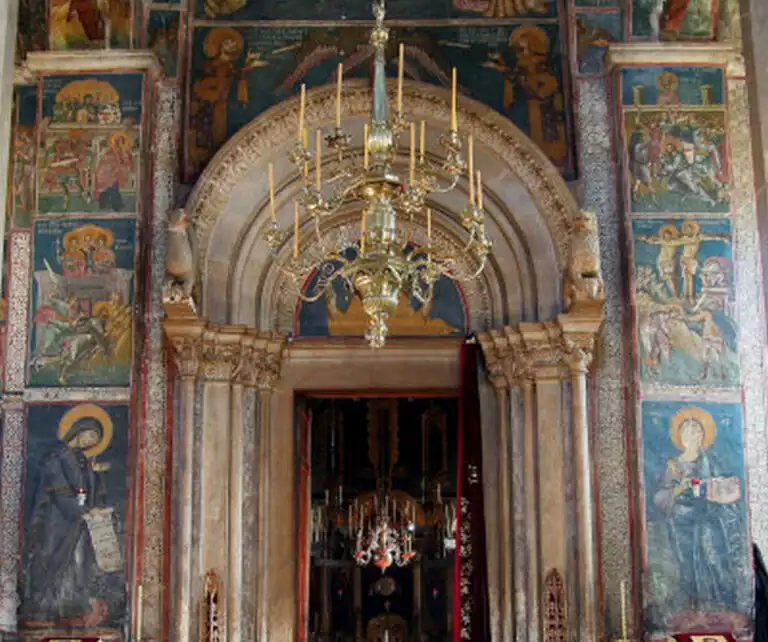
The narthex, a pivotal element in church architecture, serves as the entrance or lobby area, often preceding the nave in many Christian churches. This architectural feature, with roots stretching back to early Christian and Byzantine buildings, has evolved both in function and form through the centuries. Etymologically, ‘narthex’ traces back to the Greek word ‘narthēx’, […]
Kyrie Eleison | The Essence of Divine Mercy
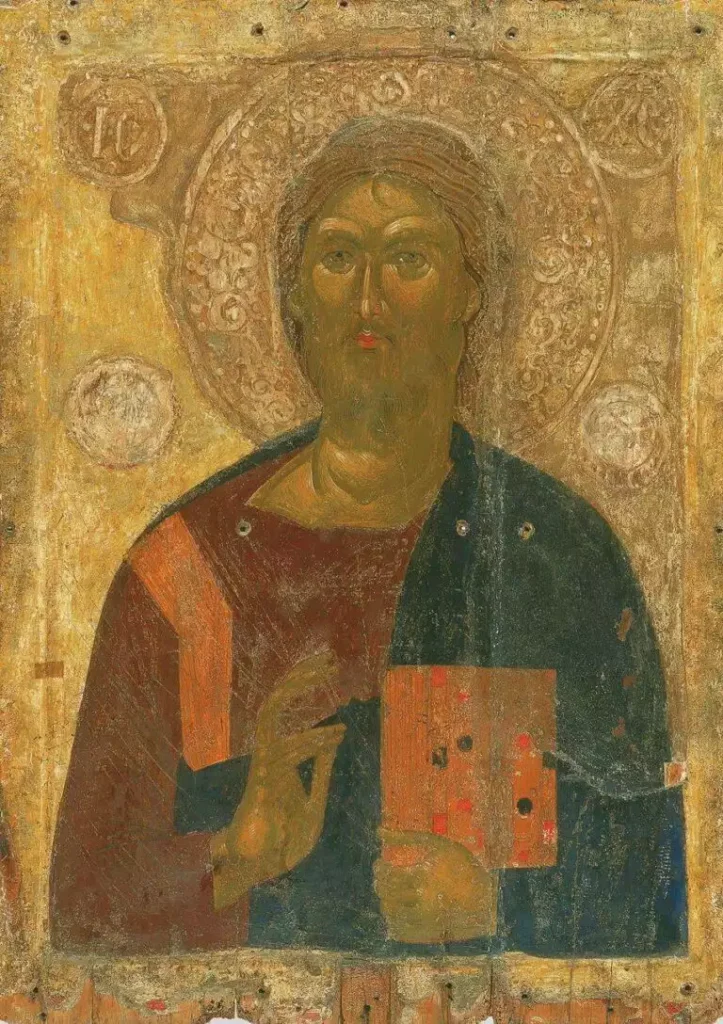
Kyrie Eleison, a profound phrase meaning “Lord, have mercy” in Greek, is a cornerstone of Christian liturgy and prayer. With its roots deeply embedded in the Christian tradition, this invocation has been a resonant plea for God’s compassion and forgiveness across various denominations. Its presence in religious texts and hymns underscores a universal appeal for […]
Hagiography: Illuminating the Lives of Saints and Ecclesiastical Leaders
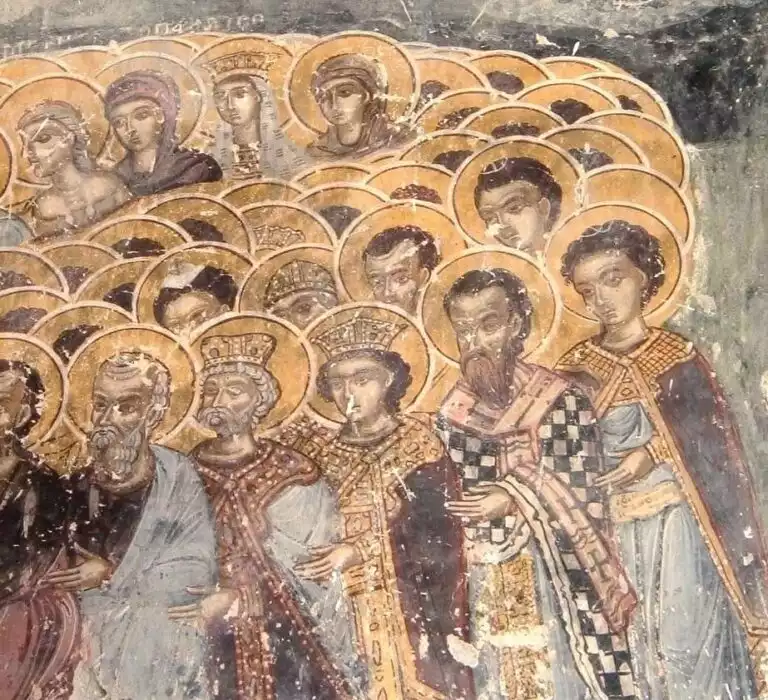
Hagiography, the study and composition of the biographies of saints and ecclesiastical leaders, is an enduring literary and religious tradition. Originating from the Greek words ‘hagios’, meaning ‘holy’, and ‘graphein’, to write, this genre has significantly influenced Christian literature and iconography. Historically, hagiographies served to inspire and edify the faithful, offering models of Christian virtue […]
Rosary | Devotional Practice and Historical Perspectives
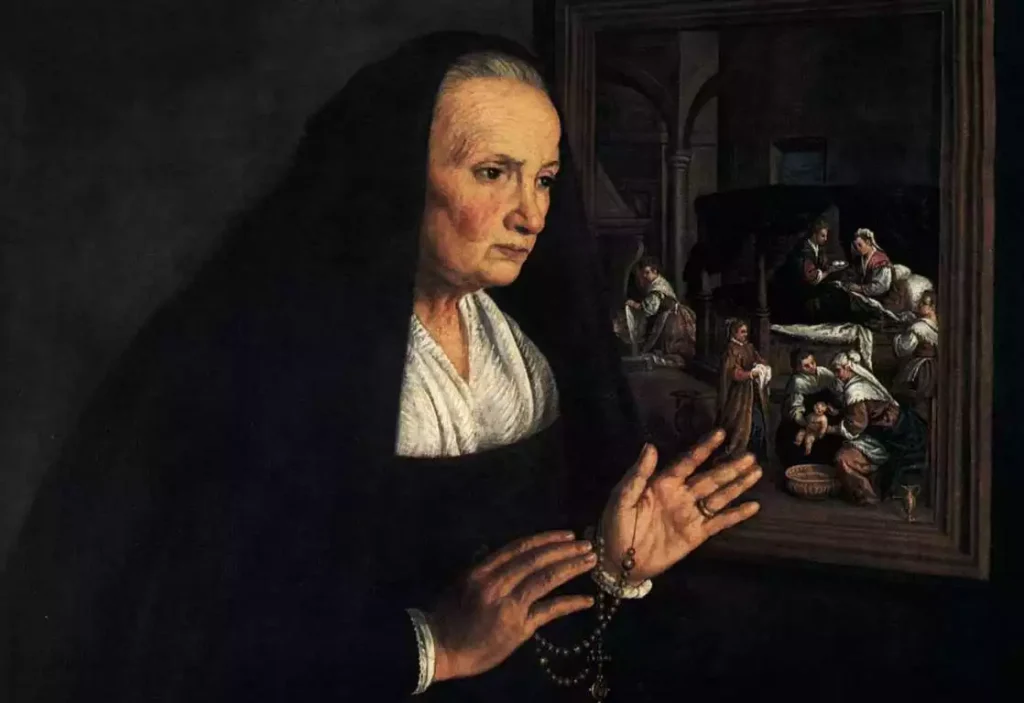
The Rosary, a revered tool in Christian devotion, is primarily associated with the Roman Catholic tradition. It serves as an instrument for meditative prayer, focusing on key events in the life of Jesus Christ and the Virgin Mary. The term ‘Rosary’ originates from the Latin ‘rosarium’, meaning ‘crown of roses.’ This metaphorical crown represents the […]
Ecumenical Patriarchate | An Overview of Its Significance and History

The Ecumenical Patriarchate, a pivotal institution in Orthodox Christianity, has been a beacon of spiritual leadership and theological wisdom for centuries. Originating from the ancient city of Byzantium, later known as Constantinople and now Istanbul, this patriarchate holds a unique position in the Christian world, revered for its historical depth and doctrinal authority. The term […]
Catechism in Christian Churches | A Comprehensive Overview
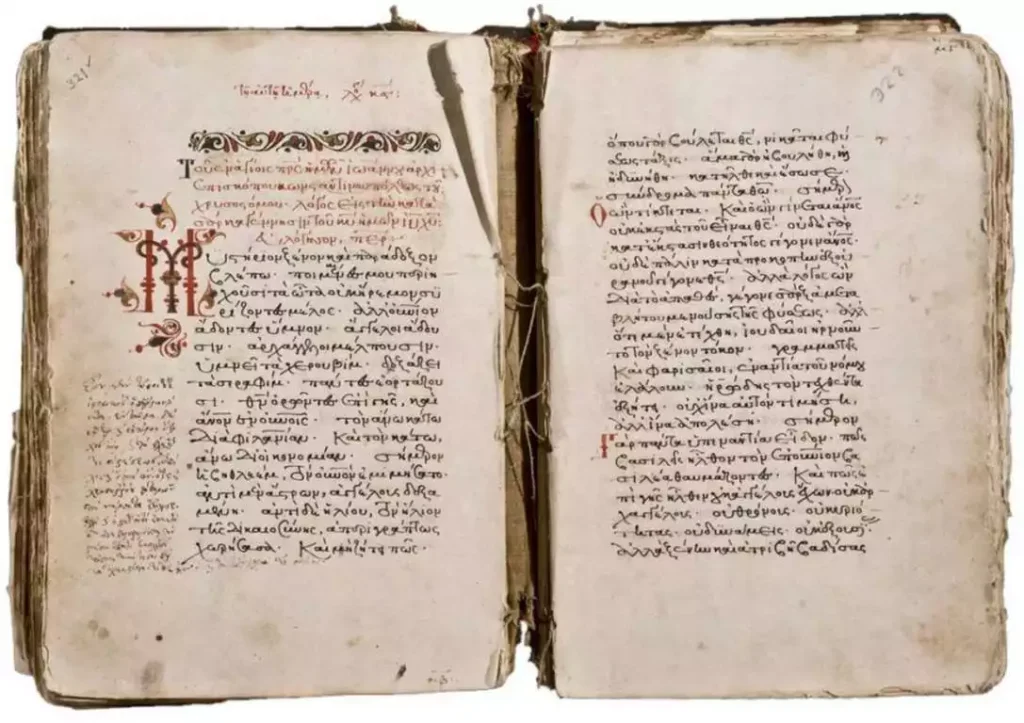
Catechism, a term deeply ingrained in Christian tradition, originates from the Greek word ‘katecheo’ meaning ‘to teach orally.’ This practice, pivotal in Christian religious education, dates back to the early Church. It served as a structured method of imparting Christian doctrines, primarily to prepare catechumens (new converts) for baptism. The use of catechisms became more […]
Penance | Exploring Its Role in Christian Theology

Penance, in Christian theology, is a religious practice involving repentance for sins, confession, and the performance of specific acts to express contrition and seek absolution. Historically evolving within Christianity, penance has been a means for individuals to reconcile with God and the community. It often includes elements like prayer, fasting, and almsgiving, reflecting a sincere […]
Monasticism | Asceticism in Catholicism, Orthodoxy, and Coptic Christianity
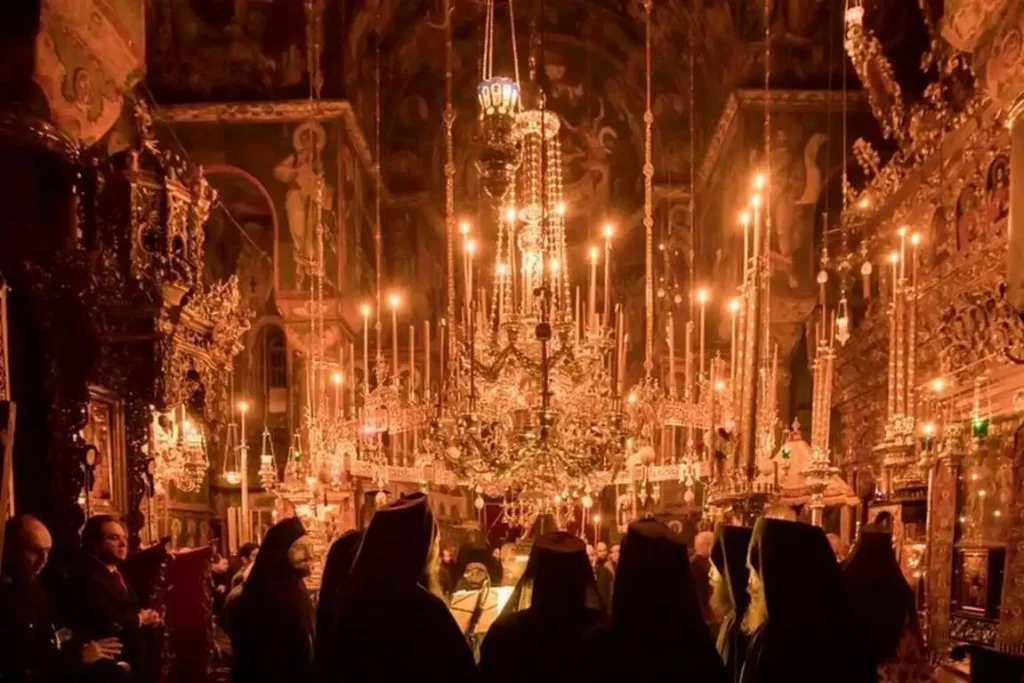
Monasticism, a distinctive and venerable aspect of religious life, particularly in Catholicism, Orthodoxy, and Coptic Christianity, entails a commitment to asceticism and spiritual contemplation. Central to this way of life is the renunciation of worldly pleasures and pursuits, in favor of devoting one’s life entirely to spiritual work. Monastic individuals, often known as monks or […]
Patriarchate of Alexandria, Eastern Orthodox

The Eastern Orthodox Patriarchate of Alexandria and All Africa stands as a beacon of faith and tradition within the Christian world. Founded in the early Christian era, it has played a pivotal role in the spiritual and cultural shaping of Christianity, particularly in Africa and the Eastern Orthodox realm. Etymology and Typological Analysis The […]
Coptic Patriarchate of Alexandria | Historical Analysis
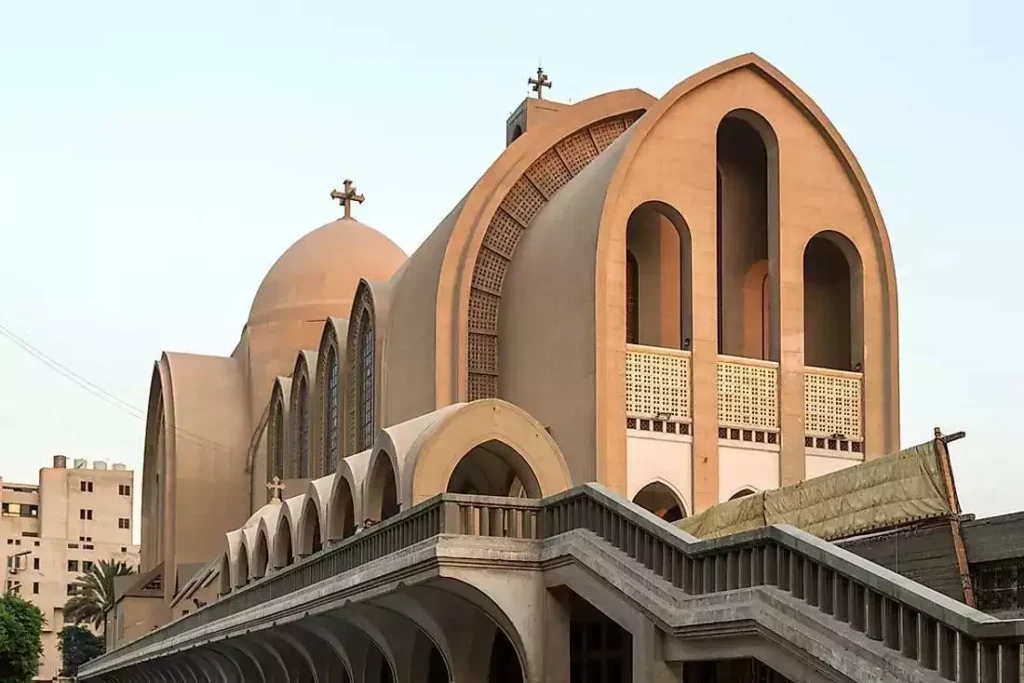
The Coptic Patriarchate of Alexandria, a significant ecclesiastical institution, boasts a storied history deeply rooted in Christian tradition. The Coptic Patriarchate of Alexandria and the Eastern Orthodox Patriarchate of Alexandria represent two distinct branches of Christianity, each with unique theological and historical differences. The Coptic Patriarchate, part of the Oriental Orthodox Church, diverged from the […]
Library of Alexandria | A Beacon of Ancient Knowledge
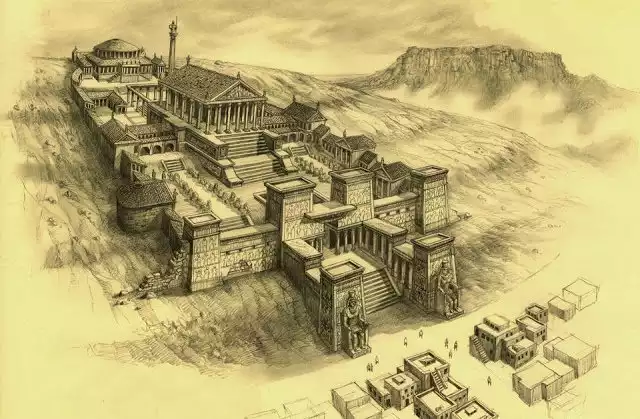
The Library of Alexandria, an ancient cradle of knowledge, stands as a symbol of intellectual pursuit and cultural exchange. Its name, deriving from the city of Alexandria in Egypt, epitomizes the zenith of ancient learning and scholarly activity. Founded in the early 3rd century BC, the library was part of a larger research institution called […]
Codex Alexandrinus | A Pivotal Manuscript of Ancient Scripture
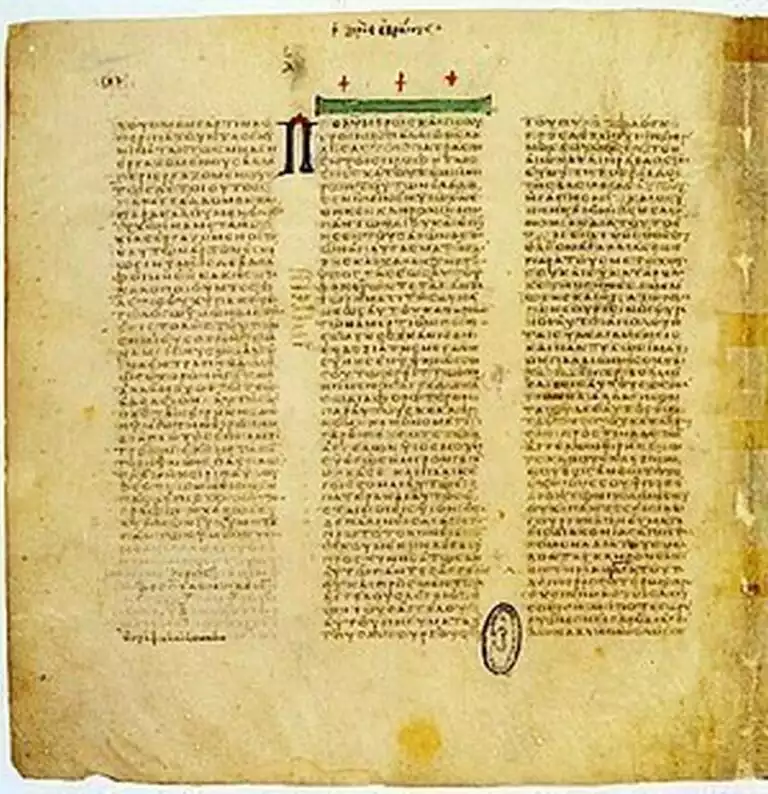
Codex Alexandrinus, one of the most significant ancient Greek manuscripts of the Bible, embodies a treasure of religious and historical scholarship. Comprising both the Old and New Testaments, this codex has been instrumental in biblical studies and textual criticism. Its origins trace back to the 5th century, making it a pivotal witness to the scriptural […]
All Souls’ Day | Commemoration and Reflection in Christian Tradition
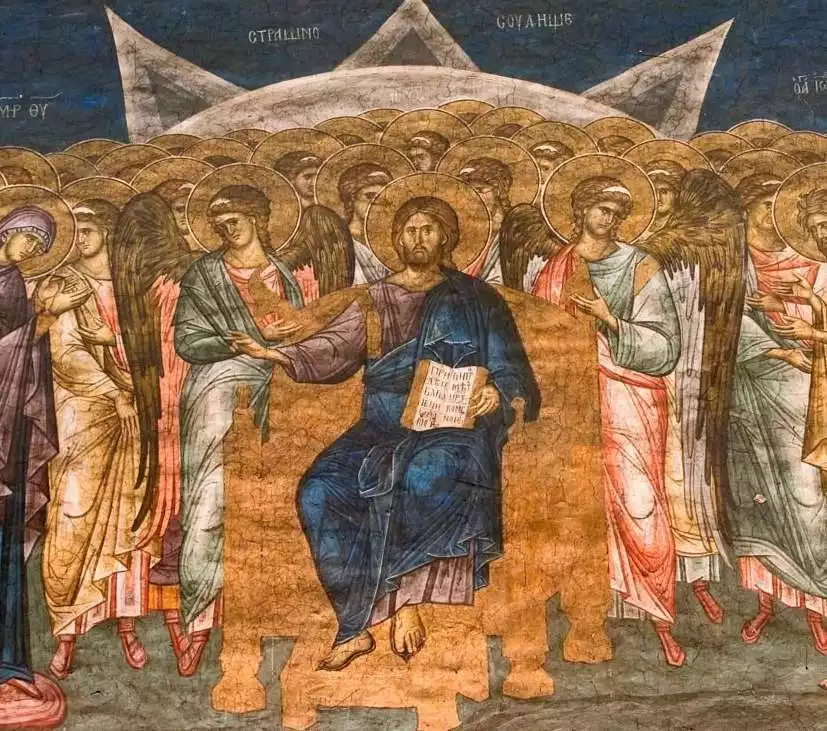
All Souls’ Day, observed annually on November 2nd, is a solemn Christian tradition dedicated to commemorating and praying for the departed souls. This day follows All Saints’ Day and is primarily recognized within the Catholic Church, although several other Christian denominations also observe it in various forms. Etymological Analysis The term “All Souls’ Day” […]
Alleluia | The Multifaceted Significance of a Sacred Exclamation
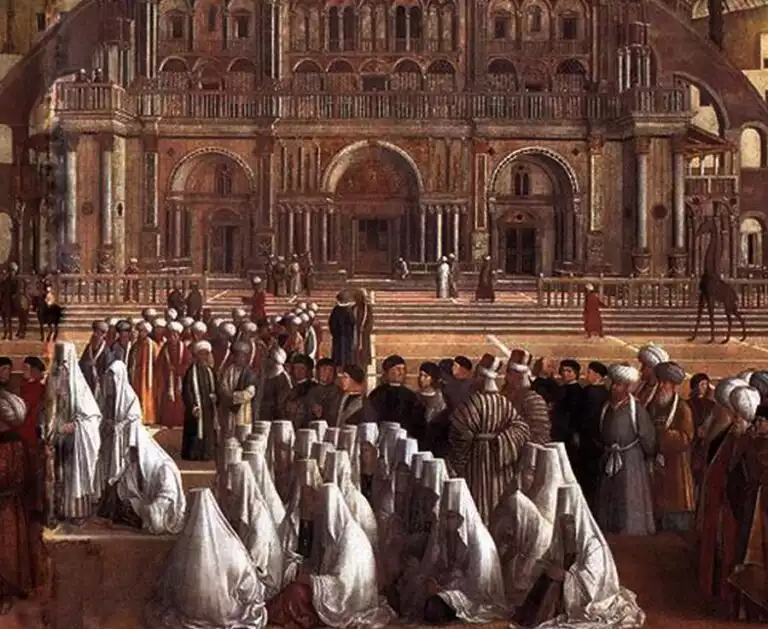
Alleluia, a term resonant with spiritual profundity, serves as an exclamation of praise and worship within various religious traditions. This word, embodying a jubilant spirit, is frequently encountered in Christian liturgies and hymns, symbolizing joyous acclamation and divine adoration. Its etymological roots can be traced to the Hebrew phrase “Hallelujah,” which translates to “Praise the […]
Almsgiving | Concept, Origins, and Practices in Society

Almsgiving, a practice deeply rooted in various cultural and religious traditions, represents the act of donating money, food, or other resources to the needy as a form of charity. This benevolent activity serves as a cornerstone for fostering community support and expressing compassion towards those less fortunate. Historically, almsgiving has been integral to religious teachings, […]
Bible Study | An Insightful Overview

Bible study refers to the disciplined practice of examining the Bible, the sacred scripture in Christianity, with a goal to understand its teachings, history, context, and relevance. It encompasses various methods, including reading, meditation, analysis, and discussion, often within group settings or individually, and may involve guidance from religious leaders. This practice is essential for […]
Alpha and Omega | An In-Depth Exploration

Alpha and Omega, a phrase deeply ingrained in Christian theology, symbolizes the eternal nature of God. Rooted in the Greek alphabet where Alpha is the first letter and Omega the last, this expression signifies the completeness and unchanging nature of God, encompassing all things from beginning to end. Its profound meaning has echoed through centuries, […]
Altar Breads | Sacred Symbolism in Christian Worship

Altar breads, also known as communion wafers or the Eucharistic host, are a pivotal element in Christian liturgical practices. These thin, round wafers, made primarily of wheat flour and water, hold profound religious significance, symbolizing the body of Christ in the sacrament of the Eucharist. The ritual of breaking and sharing altar breads dates back […]
Patriarchates: Definition and Historical Overview
A patriarchate, derived from the Greek words ‘patria’ (lineage or clan) and ‘archein’ (to rule), historically signifies a religious jurisdiction led by a patriarch. Originally, this term was confined to Christianity, particularly within the Eastern Orthodox, Oriental Orthodox, and certain Eastern Catholic Churches. In the early church, a patriarch was a respected bishop who exercised […]
Amen | Origins and Usage
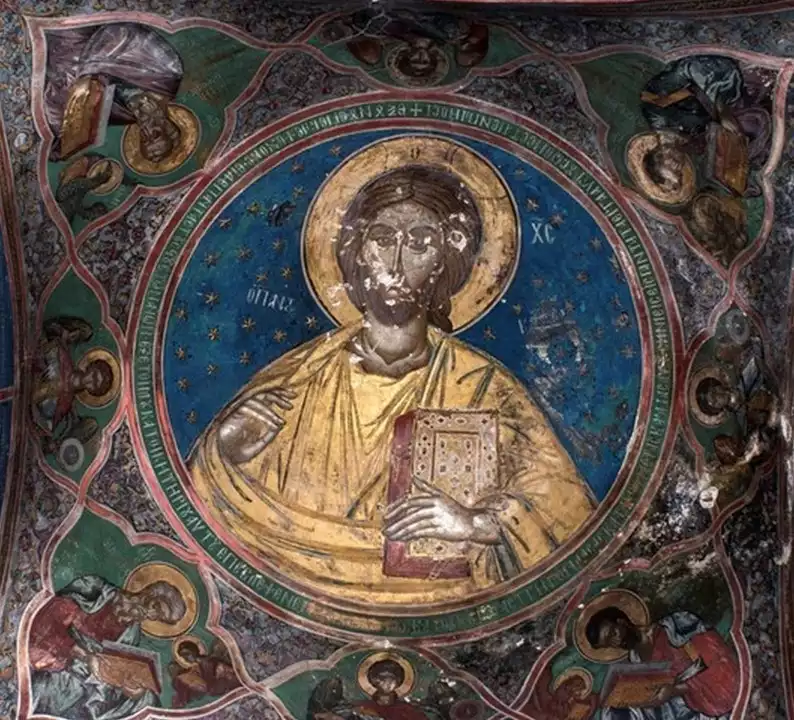
The term ‘Amen,’ a pivotal word in religious and cultural contexts, holds a profound significance that transcends its simple utterance. Originating from ancient Hebrew, ‘Amen’ is commonly translated as “so be it” or “truly.” Its usage spans various religious traditions, including Judaism, Christianity, and Islam, where it signifies agreement, affirmation, and sincerity. In the context […]
Alpha | The Quintessential Greek Alphabet Letter
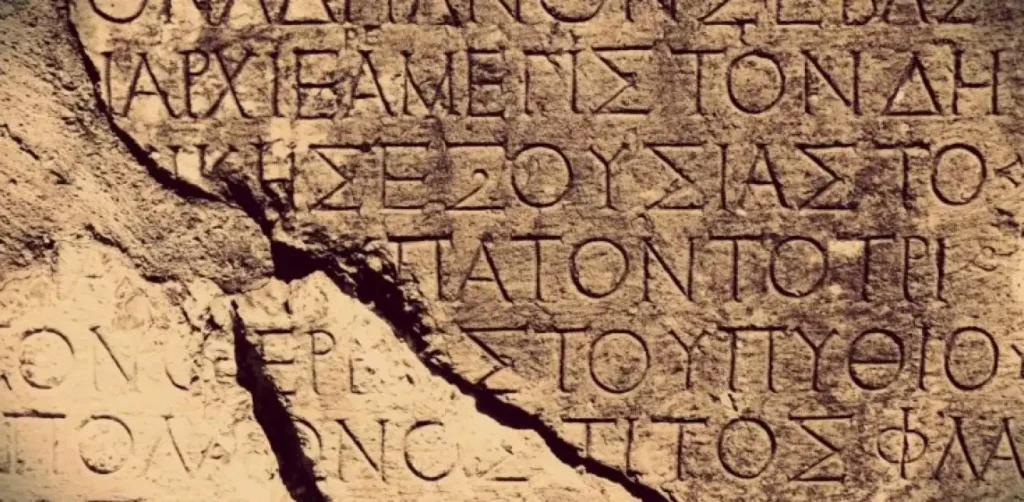
Alpha, the inaugural letter of the Greek alphabet, stands as a symbol of beginnings and origins. Its journey from ancient Phoenician scripts to its current typographic form unfolds a rich linguistic heritage. Alpha’s etymology traces back to the Phoenician word ‘aleph’, meaning ‘ox’. This connection is evident in its earliest graphical representation, resembling an ox’s […]
Doxology: The Articulation of Divine Praise in Liturgical Practice

Origins and Historical Context Doxology, a term deeply embedded in Christian liturgical traditions, stands as a testament to the enduring nature of praise and worship. This liturgical formula, dedicated to exalting God, has traversed centuries, evolving yet retaining its core purpose: the glorification of the divine. The origins of doxology trace back to early Christian […]
Synod | The Ecclesiastical Assembly
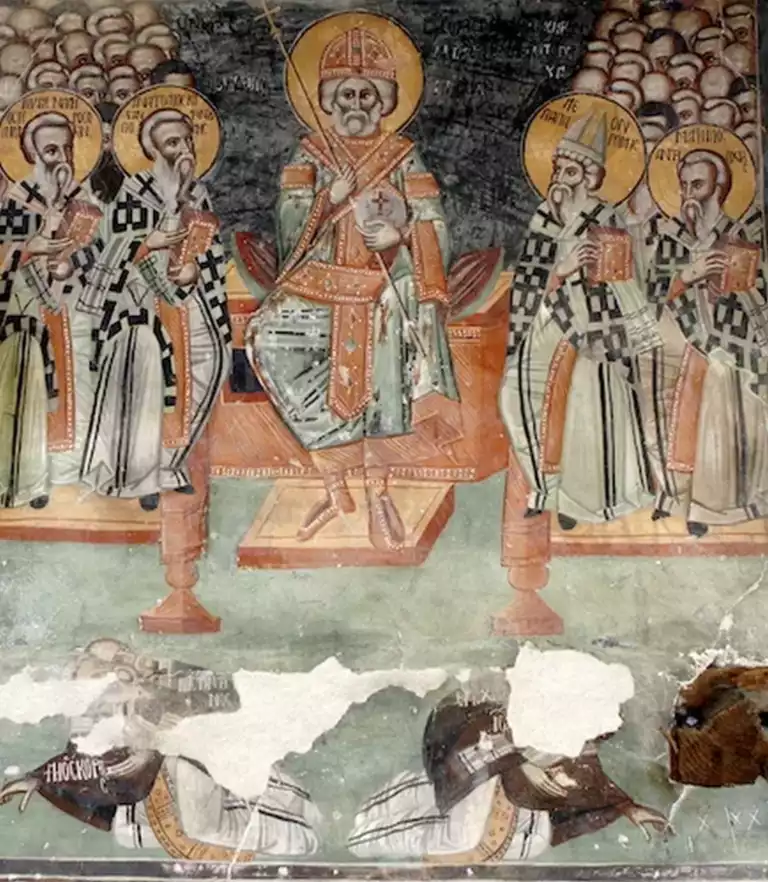
The Historical and Structural Aspects of Synods Synods, pivotal in the ecclesiastical landscape, serve as assemblies where church officials convene to deliberate on matters of doctrine, discipline, and administration. Historically, the term ‘Synod’ originates from the Greek ‘synodos’, meaning a meeting or assembly. Its biblical roots are discernible, although the specific term is not explicitly […]
